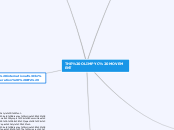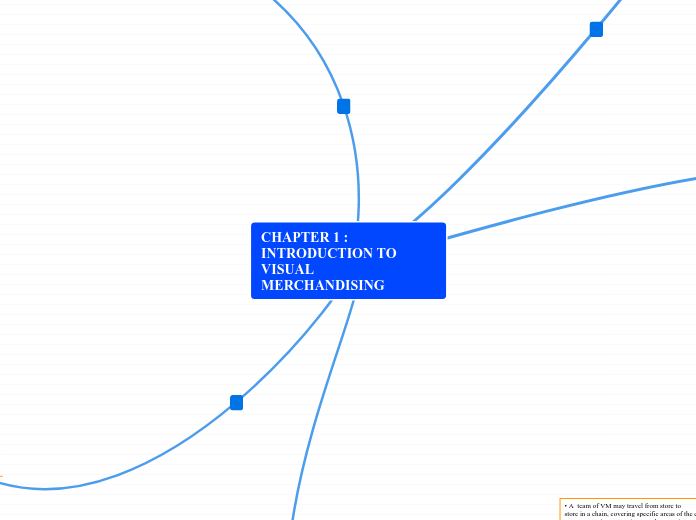によって Diego Aguilera 6年前.
260
CARTA OLIMPICA
The Olympic Movement, guided by the International Olympic Committee (IOC), aims to foster a peaceful and better world through sports, promoting the values of Olympism. The primary members include the IOC, International Sports Federations (









